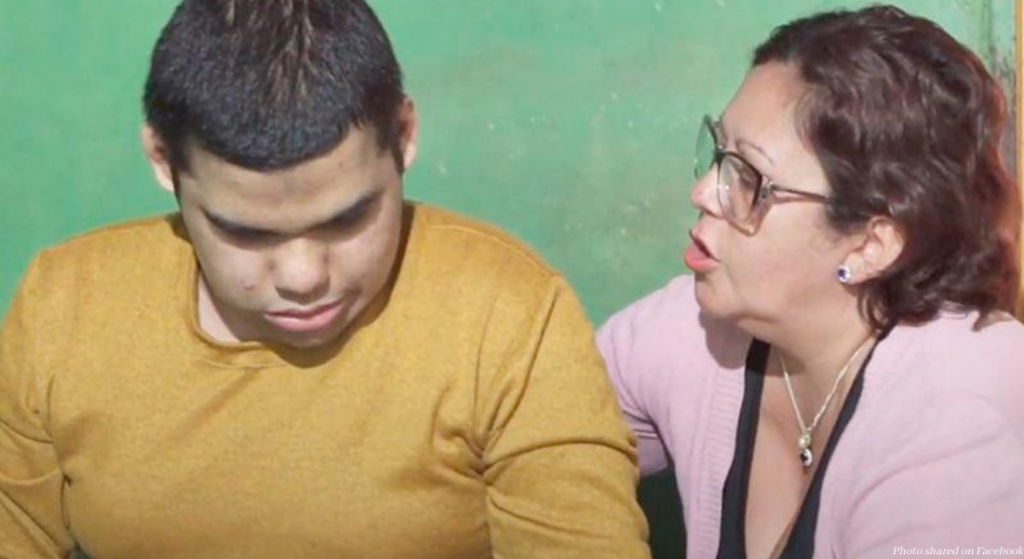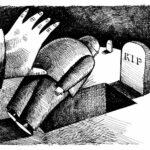Blog Post
Argentine mother asks court for permission to have her son killed because he has cerebral palsy
A culture that endorses assisted suicide inevitably endorses ableism. My colleague Blaise Alleyne and I covered this subject extensively in our short 2017 primer A Guide to Discussing Assisted Suicide, explaining how people often instinctively believe that those with disabilities have lives less worth living than their own, resulting in pressure towards assisted suicide or euthanasia for these vulnerable people. (You can buy a copy of that book, which has been endorsed by many medical professionals, here for ten bucks.) A brutal story out of Argentina reveals what happens once we begin down the slippery slope of legalizing assisted suicide and euthanasia for some people. From Live Action News:
A woman in Argentina is asking to be allowed to kill her son through euthanasia because he has cerebral palsy. Eva Briñócoli was featured in Argentinian newspaper La Nación, in which she spoke about her desire to see her 22-year-old son, Adrián, killed.
In Argentina, direct euthanasia is illegal, so Briñócoli is trying to get a judge to hear her case and allow her to have Adrián killed, even though he is not dying or terminally ill. Adrián is severely disabled, and Briñócoli paints a grim picture of suffering with no hope, and a life with no value, feeding into ableist narratives about life with disability. “Adrián was born like this, with cerebral palsy and seizures,” Briñocoli said in an interview with Channel 12 of Misiones. “We went to Buenos Aires, he was in the Garrahan Hospital, they medicated him well, but nothing could be done and there is no hope of improvement, so we asked to end his suffering and that rest.”
Briñocoli claims it is impossible to take Adrián out of their home, and also says he “self-injures” on a regular basis, though it isn’t clear if this is intentional or not. She also admitted to being exhausted, and fed up with caring for Adrián. “He can’t be on his own, we have to change his diapers, sanitize him, feed him, no one can come home and we can’t take him out either,” she said, adding, “Doctors always tell us the same thing: nothing can be done. I no longer know if I have life ahead of me, but we are also tired and besides, who is going to take care of it when we are not there?”
In addition to seeking euthanasia for Adrián, Briñocoli cruelly justified her outlook, saying, “What would I say to someone who tells me that I am a heartless mother who demands death for her son? I would tell him to spend a full day with Adrián.”
When Adrian’s mother talks about “ending suffering,” she is not talking about her son’s suffering. She is speaking, first and foremost, about her own. We see this over and over again in euthanasia regimes: In the old, the chronically ill, the disabled—so often, they are seen as inconveniences rather than human beings. And once we decide that those who suffer might be better off dead, what happens next is inevitable.








